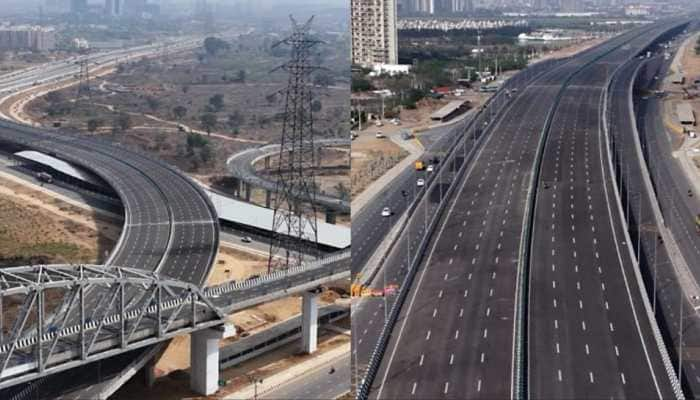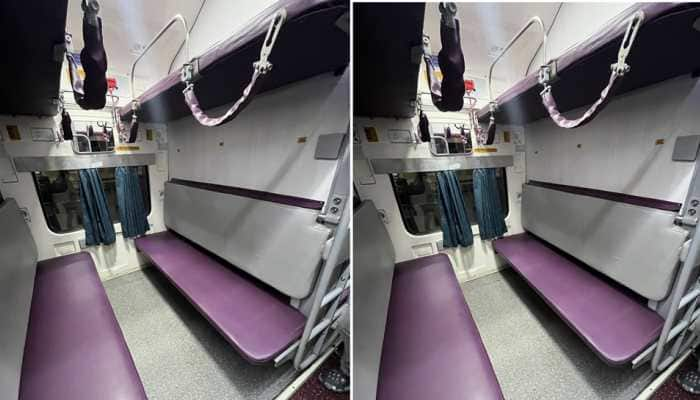Nationwide bandh to continue today; mixed response in first 24 hours
The strike has been called by ten major trade unions.
Trending Photos
)
New Delhi/ Kolkata/ Thiruvananthapuram/Bengaluru: The nationwide bandh called by central trade union will continue on Wednesday, January 9. The strike, called by ten major trade unions, is protesting against the Prime Minister Narendra Modi government’s alleged anti-worker policies and unilateral labour reforms.
The first 24-hour of the two-day long bandh witnessed stray incidences of violence in West Bengal. However, daily life was affected in many states with the transport department, taxi drivers and auto-rickshaw drivers supporting it. Two leading bank unions also joined the strike partially affecting banking operations.
In Mumbai, over 32,000 employees of Mumbai's civic transport undertaking went on an indefinite strike to demand higher wages. The protest, which coincided with the two-day strike called by 10 trade unions, affected nearly 25 lakh daily commuters.
The 'hartal' was also quite visible in Assam, Meghalaya, Karnataka, Manipur Bihar, Rajasthan, Goa, Punjab, Jharkhand, Chhattisgarh and Haryana - particularly in the targeted industrial areas and different mines, said Amarjeet Kaur, General Secretary of All India Trade Union Congress (AITUC.)
Daily life was affected Left-ruled Kerala with schools and colleges being shut and banking services being affected. Trains were stopped in Kerala while buses and autorickshaws were off the road, hitting normal life, according to reports from the state. Workers from various sectors have extended support to the two-day strike.
Karnataka evoked mixed response while other states saw business as usual.
In West Bengal, clashes between Trinamool and CPM workers was reported in Asansol. There were also incidents of stone pelting at a school bus. Protesting members burnt effigies and tyres on streets in some parts of the state including Kolkata. They also blocked railway tracks in some part of West Bengal, delaying some long-distance trains.
The strike also disrupted rail and road traffic in Odisha. Train services were hit as trade union activists staged rail roko at places like Bhubaneswar, Cuttack, Puri, Balasore, Jaleswar, Bhadrak, Sambalpur, Berhampur, and Paradip.
Meanwhile in Rajasthan, 22 policemen were injured following clashes at the manufacturing plant of a Japanese company as workers, who were supporting the stir, tried to enter its premises, police said. Union leaders claimed that 50 workers injured in the police action against protesters.
The 48-hour bandh was called by a consortium of ten central trade unions and has received support from organisations like the AITUC, Centre of Indian Trade Union (CITU), Hind Mazdoor Sabha (HMS), All India United Trade Union Centre (AIUTUC), Trade Union Coordination Centre (TUCC), All India Central Council of Trade Unions (AICCTU), along with employees in the banking and insurance sector. Farm unions like All India Kisan Sabha (AIKS) cand Bhumi Adhikar Andolan are also part of the strike.
According to bank unions, thousands of bank employees participated in the strike, impacting counter activities such as cash deposit and withdrawal as well as cheque clearances were impacted at many branches.
Stay informed on all the latest news, real-time breaking news updates, and follow all the important headlines in india news and world News on Zee News.
Live Tv







)
)
)
)
)
)
)
)
)
)
